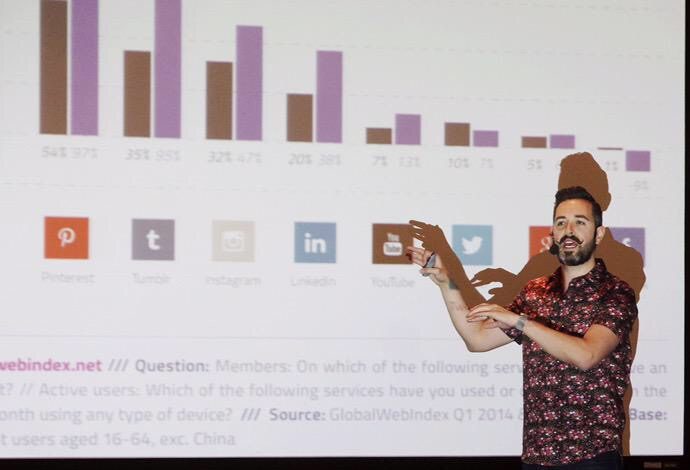11 Helpful Resources for Improving Your Business Skills
By [email protected] (Lindsay Kolowich)

But their business-related courses aren’t limited to the ones in these categories. Use the search bar to find specific course topics — from the fluffier stuff, like
Whether or not business school is worth the investment is a hot topic these days. But regardless of where you stand, you don’t have to go to business school to gain a better understanding of how businesses work.
“Business” is quite a versatile topic with many components. There’s a lot that goes into becoming more business-savvy, whether it’s learning the “softer” skills (like people management and public speaking) or mastering the “hard” skills (like accounting and finance).
Aside from studying for a formal degree, where can you go to learn about and practice these important business skills?
Turns out, there are a whole lot of resources, both online and offline, where you can hone your business skills, learn new strategies, and make sure you’re staying on top of the ever-evolving business world. Here are 11 of the best resources out there to help you become more business-savvy.
11 Helpful Resources for Improving Your Business Skills
1) A Mentor With Business Experience
Having a career mentor (or a few career mentors) with business experience is a crucial part of your professional development. Opportunities are attached to people. Your mentor can provide you with support and advice when you need it — and, if you choose wisely, they’ll learn how to deliver that support in a way that makes sense to you.
One key to finding a great mentor is to have some clear goals in mind for the type of experience you want your mentor to have. Are you looking for someone who works in an industry you’re interested in learning more about? Someone with experience in raising capital for a new business? Someone who’s senior to you at your current company?
Once you have a goal or two in mind, there are many ways to actually find a mentor. Don’t just go straight for the most visible and well-known (and probably busiest) people. Instead, take a look at your own network and keep an eye out for folks you respect with relevant experience. You can search your network on LinkedIn — which means you’ll first want to update and clean up your own LinkedIn profile. If you find someone who isn’t a direct connection, send a personal message with your connection request, or ask for an introduction from a mutual connection.
But sometimes, it’s as simple as asking your friends and peers who they think would be great for you to talk to. Then, you can ask for an email introduction.
My last tip here? Keep it local. While online mentorship is great, relationships grounded in quality time in-person time are usually a lot more effective. Even better, get out of the office and into an environment that’s more conducive to relaxing and candid conversation, like a coffee shop or a lunch place.
(If you’re on the other side of the mentor-mentee relationship, read this blog post to learn how to be an amazing …read more
Source:: HubSpot Blog



























